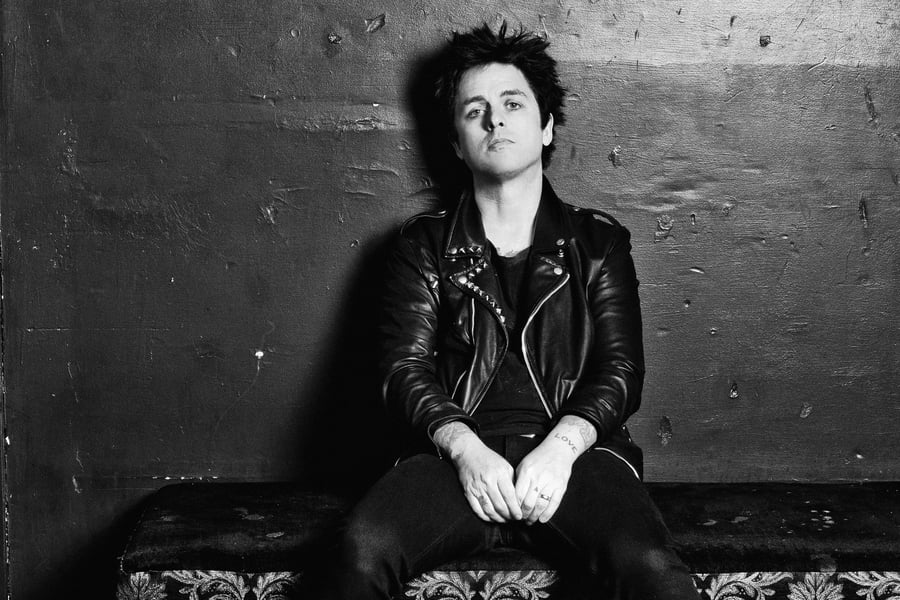Billie Joe Armstrong: My Life in 15 Songs
The Green Day frontman tells the stories behind his biggest classics, from punk squats in West Oakland to worldwide fame, broken hearts, and political fury

Billie Joe Armstrong at Webster Hall in New York, Oct. 8, 2016
Ryan Pfluger/The New York Times/Redux
Billie Joe Armstrong remembers asking his guitar teacher a question that would change his life. “I said, ‘How do you write a song?’ ” says the Green Day singer-guitarist, 47, at his studio in Oakland. “All he said was, ‘It’s verse, chorus, verse, chorus, bridge, verse, chorus — mix it up any way you want.’ ” Pretty soon, that was all Armstrong could think about. His three-chord anthems about growing up — with all the loneliness, anxiety, drug use, and masturbation that can come along the way — resonated with a generation on 1994’s diamond-certified Dookie and beyond. Whether he’s writing punk songs or a politically powered rock opera, Armstrong has the same rules: “It’s so important to try and be as honest as you possibly can with your audience,” he says. “When people find a deep connection, it’s because you’re trying to find your own connection inside of yourself. I think that that’s the thing that actually ends up transcending.”
Some hits have come to him in five minutes, others take longer. He recently finished a song he’s been tinkering with since 1993. And in February, 30 years into their career, Green Day will unveil an exciting new sound on their 13th album, Father of All … Armstrong says it comes from going on a soul kick — Motown, Prince, Amy Winehouse, and others — and “putting it through the Green Day filter.” On the title track, he sings in falsetto while drummer Tré Cool pounds out a wild, Mitch Mitchell-style beat that Armstrong calls “one of the most insane things he’s ever played.”
“Billie was pushing himself to get to a newer place,” bassist Mike Dirnt says. “And we had to chase that down. Which is par for the course, because nobody digs deeper than Billie.”
In conversation, Armstrong is friendly, but also a little reserved, taking long pauses between answers about his process. “I don’t want to sound like a baboon,” he says, stopping himself at one point. Cool, his bandmate and friend of three decades, once described him as “gifted and tormented. Billie’s brain is like 18 tape recorders playing simultaneously in a circle. Then he tries to have a conversation … and he’ll be looking you in the eye going, ‘Huh?’ ”
“Fuck him!” Armstrong says now, with a laugh, after hearing that quote. “What does he know?” But Armstrong admits that he’s not quite sure how his brain works when it comes to songwriting. As many songs as he’s written, he still gets anxious when he hasn’t written one in a while. “You feel like, ‘Oh, my God, am I ever going to write another song again?’ Then, all of a sudden, something pops up and you go from feeling like a loser to king of the world.”

















































